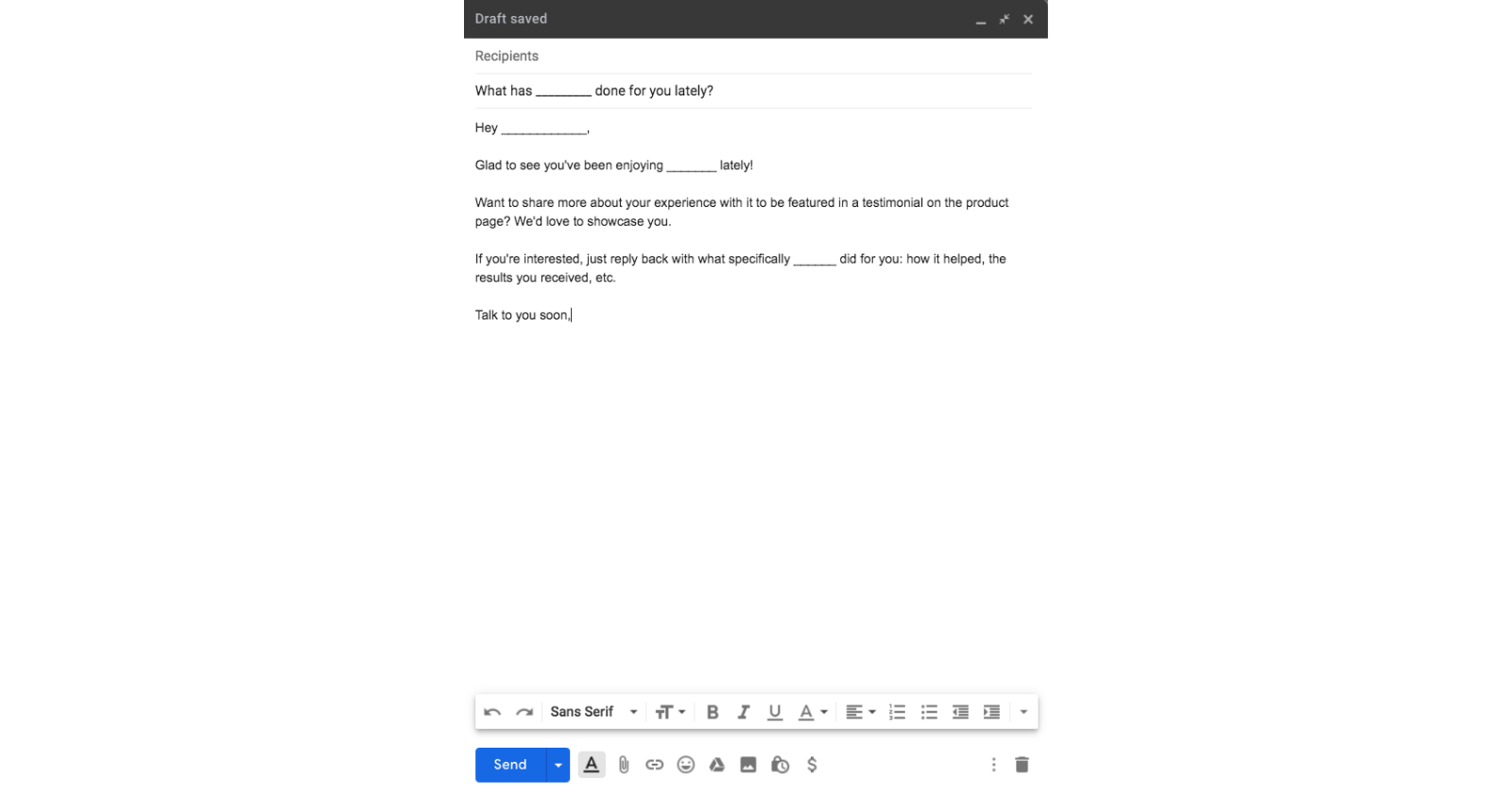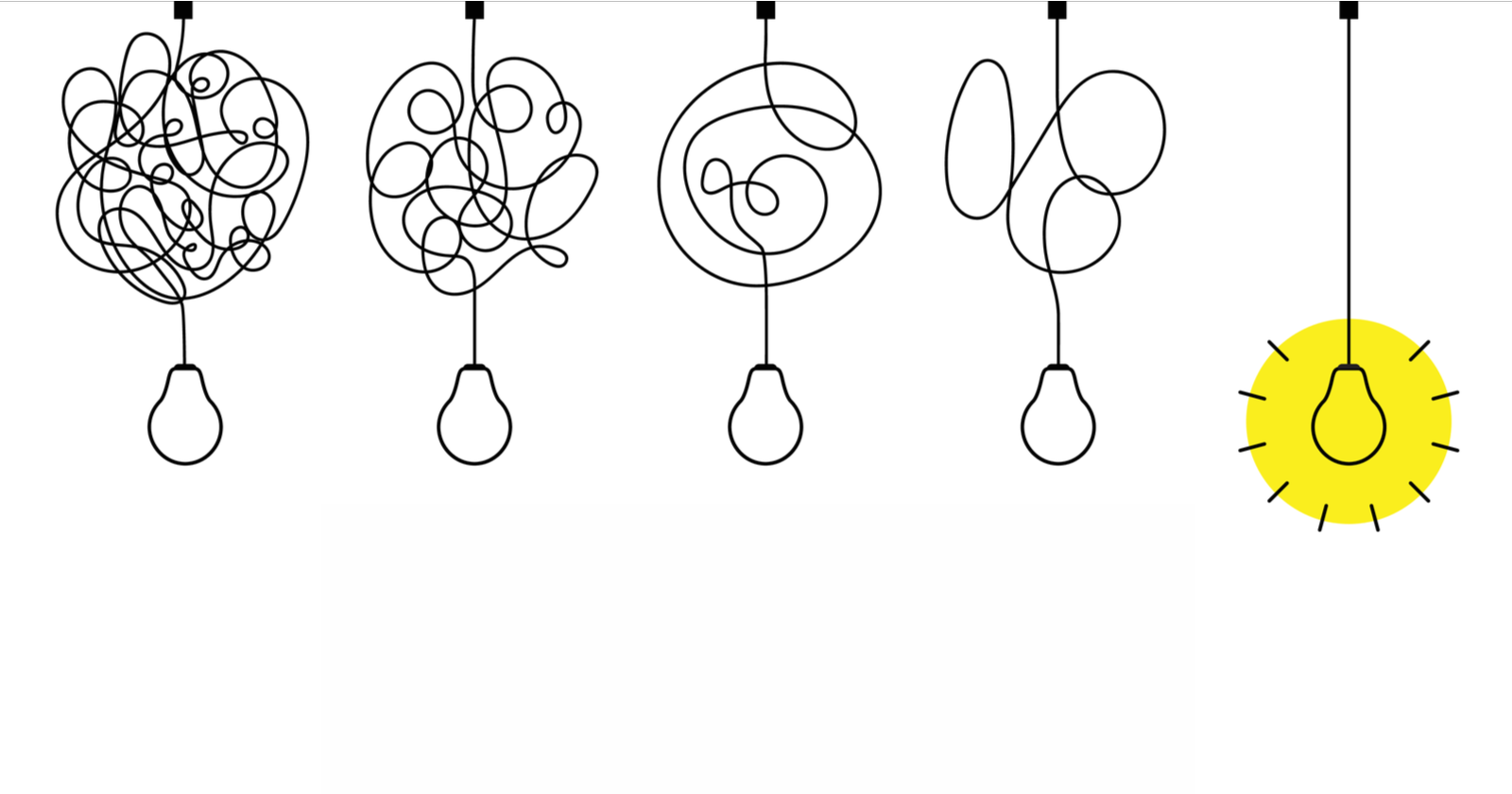One of the most common problems I see content marketing teams have is being too zoomed in on content creation.
This tunnel vision leads to us feeling perpetually overwhelmed by the amount of “other stuff” content marketing takes.
And not paying attention to the bigger picture throws wrenches in a lot of marketing teams’ workflows.
It turns into a perpetual cycle
We plan our marketing strategies, and then our quarterly calendars, based on a completely inaccurate picture of what we have to do.
Then when we can’t stay on schedule, we feel overwhelmed and underwater.
Part of this is the planning fallacy: the phenomenon that no matter how many times that we, as humans, have completed a task before, when planning for it in the future, we’ll optimistically underestimate how much time we’ll need.
But another part of it is how we, as content marketers, place too much of an emphasis on content creation at the expense of other important parts of content marketing.
Things like the planning, research, promotion, optimization, and repurposing.
We’ve conflated content marketing with content creation too much for too long. But content creation is just one of many steps in content marketing.
And logically, we know that. We just tend to forget when it’s time to plan our calendars.
How can you stop underestimating the work that goes into your content’s success, and start remembering the bigger picture of work required?
Personally, what’s helped the most is learning about systems thinking and intentionally cultivating a systems mindset.
What Is Systems Thinking?
According to The Systems Thinker, systems thinking is:
- “A collection of tools and methods.”
- “A sensitivity to the circular nature of the world we live in.”
- “A disciplined approach for examining problems more completely and accurately before acting.”
Basically, it means looking at your work as a series of systems and applying critical thinking to troubleshooting the relationships between them.
Breaking down problems to their different components and examining each, as well as how they work together.
What Does That Mean for Marketers?
What does being a systems thinker mean for you as a content marketer?
As you hone your systems thinking mindset, it means simply paying closer attention to the systems at play in our work, our lives, and our content.
We need to pay attention to all of the larger and smaller systems our content is connected to.
The bigger systems are things like the business operations and revenue generation our content can ultimately accomplish for the company.
The impact our content has on our audience’s lives – these are the larger systems our marketing contributes to.
The smaller systems are the steps and stages that make up our content marketing.
We’ll talk more about them shortly, but things like market research and content promotion – the moving parts within our strategies.
And once we’re more aware of these systems, we need to take a more diagnostic, problem-solving approach to meet our goals.
Like I’ve said before, more content isn’t always the answer.
So, what are the different systems within your content marketing that you can better notice, study, and streamline?
Here are five main content marketing systems most marketing teams need to streamline.
1. Market Research
Most marketing teams’ approach to market research and customer surveys is lackluster, to put it nicely.
How often has someone on your team said, “wait, when was the last time we talked to our customers?”
It’s happened to the best of us.
But it’s worth it to figure out and document a repeatable process for things like:
- Sending out a quarterly survey to your email subscribers.
- Holding regular Zoom chats with customers.
- Requesting testimonials and case studies.
The “process” can be as simple as a recurring calendar appointment and an email canned response.

When you and your team sit down to figure it out once, it becomes easier to remember and do whenever you need to in the future.
And customer research is the kind of thing that falls to all too many back burners due to uncertainty around the process.
2. Content Planning
Tons of content marketers also get stuck in a place where they’re only one or two days ahead of their content calendar.
Meaning, they never know for sure what they’re going to post until a day or two before they post it.
This leaves you in constant brainstorming and planning mode, since you’re only thinking a few days into the future.
But you can develop a system for your team to take the insights from your now-systemized market research and turn them into a quarterly marketing calendar.

When you can get further ahead of your calendar, your ideas get to “incubate” for a bit before you publish them.
This gives you time to think them through a bit more, even if you aren’t actively working on the pieces.
It gives you more time to actively work on them too, as well as research them, revise them, and every other step of the progress.
It’s all less rushed.
3. Content Creation
There’s the one content system no one forgets about: the creation.
This is currently where most of our focus currently goes – too much focus really.
We’re so caught up with creating that we tend to neglect things like optimization and repurposing.
That means that in order to make the time and mental space for all the other systems mentioned in this post, you need to reduce how much content creation takes up.

The key to this is a streamlined content creation process.
For example, taking the time to outline your content upfront can save time in the writing process later.
You can also have templates for those outlines based on common formats of content you create, so you don’t have to build the structure for each blog post or video script from scratch.
4. Content Distribution
When you’re stuck in that cycle of perpetual content overwhelm, by the time you finally get something new published, you’re so relieved that you’re ready to be done with it.
Promotion is the last thing on your mind.
But not promoting your content is one of the easiest ways to sabotage it.
So again, make your job easier by putting in some work now to create shortcuts for later.
Things like content promotion checklists, social media calendars, outreach templates, and more can all help with this, depending on your distribution strategy.
5. Content Optimization
Another downside of wanting to be “done with” a piece of content is that you miss out on important optimization opportunities, like updating or repurposing the content later on.
But again, this is something that systems thinking can correct, or at least improve.
Start thinking about the maintenance and optimization that you can do to a piece of content three months after it’s live, or a year later.
Create a checklist for it in advance so you know when you hit publish, what work lays ahead of you.
Start Streamlining
Remember, this isn’t complicated work. You already know how to do it.
This is just a more granular and broken down way of looking at what you’re already doing.
The work of improving these systems isn’t difficult, it just tends to be tedious.
But if you’re ready to get started, let me leave you with these three starter steps:
- Start documenting your processes that are already developed.
- Pay attention to weak spots and missing links.
- Troubleshoot and streamline as you improve.
And with the systems mindset you’ll start cultivating, improvements will begin to jump out.
Image Credits
All other images created by author, April 2020





